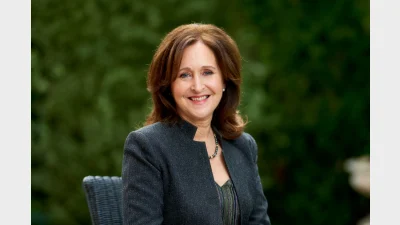AMP Capital global infrastructure securities attracts $1 billion in FUM



AMP Capital's global infrastructure securities capability has attracted over $1 billion in funds under management since August 2010.
According to AMP Capital, much of the funds have flowed from Japanese and American retail investors and European, Canadian and American institutional investors.
AMP Capital senior analyst Sarah Shaw said investors are embracing global infrastructure securities as an asset class because they provide attractive fundamentals - particularly the return potential associated with infrastructure investment.
"With resilient earnings, strong corporate balance sheets and supporting yields, the asset class is well positioned to provide investors stable and defensive returns despite ongoing macro concerns and market volatility," Shaw said.
AMP Capital estimates that there is a $25 trillion gap between what countries expect to pay for infrastructure and what is actually required.
This estimate extends to both emerging markets building new infrastructure and supporting domestic development, and developed countries which are either replacing or expanding existing infrastructure, AMP Capital stated.
"Increasingly the onus is on the private sector to undertake infrastructure projects as governments come under increased budget constraints," Shaw said.
"Investors who provide capital for these essential services can be potentially rewarded with attractive investment returns."
Recommended for you
An Australian superannuation delegation will visit the UK this month to explore investment opportunities and support local economic growth, job creation, and long-term investment.
An ASIC review has identified superannuation trustees are demonstrating a “lack of urgency” around improving their retirement communication and still taking a one-size-fits-all approach.
Superannuation funds have welcomed the boost that Treasury’s improvement on the Low-Income Superannuation Tax Offset will have for women and younger members.
The proposed changes to the Low-Income Superannuation Tax Offset (LISTO) has been applauded by the superannuation sector.









